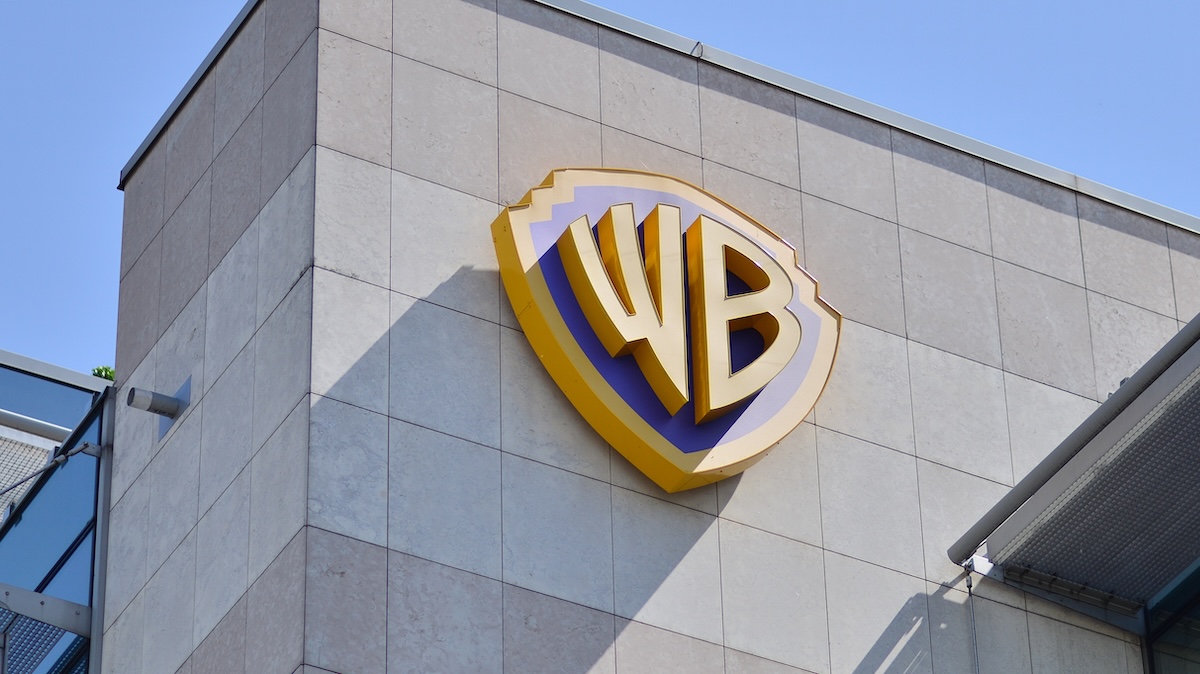
Back in July, Warner Bros. Discovery (WBD) CEO David Zaslav told Bloomberg he didn’t care whether Republicans or Democrats won the presidential election. All he wanted, he said, was a White House that’s friendlier to business.
"We just need an opportunity for deregulation, so companies can consolidate and do what we need to do to be even better," Zaslav said.
But while Trump’s return to the White House initially sparked a post-election market rally on hopes of deregulation and tax cuts, the reality has been far more complicated.
The Trump administration is currently trying to force Meta to break up, suggesting it may not be as pro-consolidation as business leaders had hoped.
Meanwhile, the new trade war sparked by Trump's 145% tariffs on China is already starting to hit Hollywood where it hurts: overseas box office sales.
Earlier this month, the China Film Administration announced it would begin cutting imports of U.S. films in response to the tariffs.
In a statement reported by Barron’s, the agency said, “The wrong action of the U.S. government's indiscriminate tariffs on China is bound to further reduce the favorable impression of domestic audiences on American films.”
That’s bad news for Warner Bros. and other major studios increasingly reliant on international markets for growth.
Take Dune: Part Two, one of Warner Bros.’ biggest hits in 2024. The film grossed $714.6 million globally, according to Box Office Mojo, with $282.1 million coming from domestic theaters and another $49 million from China alone.
Losing access to that market could have material consequences for future earnings.
Trade war isn't the only problem for WBD stock
Even without the trade war, Warner Bros. has its hands full.
The company reported a Q4 loss of $0.20 per share in February, missing Wall Street expectations for a $0.02 loss, according to FactSet data. Quarterly revenue fell 2% year-over-year to $10.03 billion, also below forecasts of $10.23 billion.
The company’s networks segment — which includes its TV channels — saw a 5% revenue drop to $4.77 billion due to falling advertising and cable subscription revenue.
Shares of WBD closed at $7.94 Tuesday, down more than 25% year-to-date. And with China turning its back on Hollywood — at least temporarily — the studio’s recovery may be more uncertain under the second Trump administration.
Your email address will not be published. Required fields are markedmarked